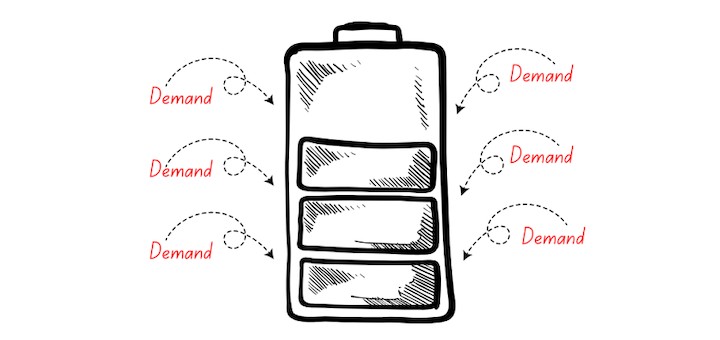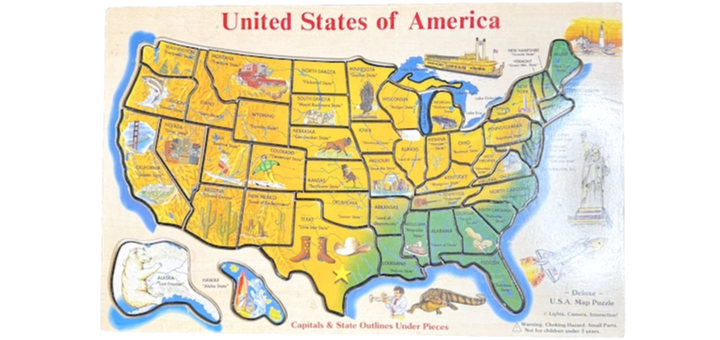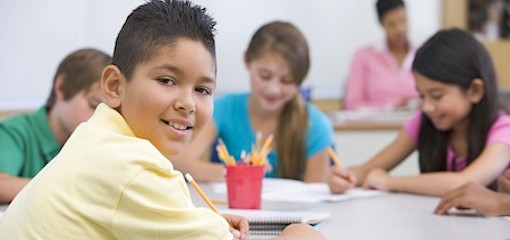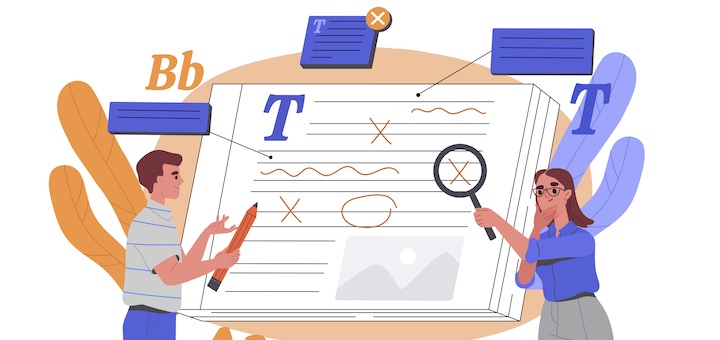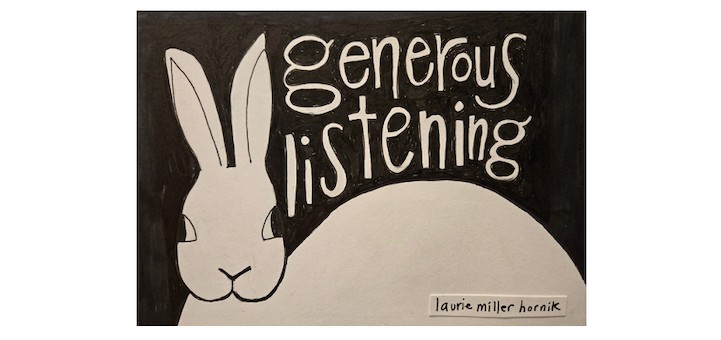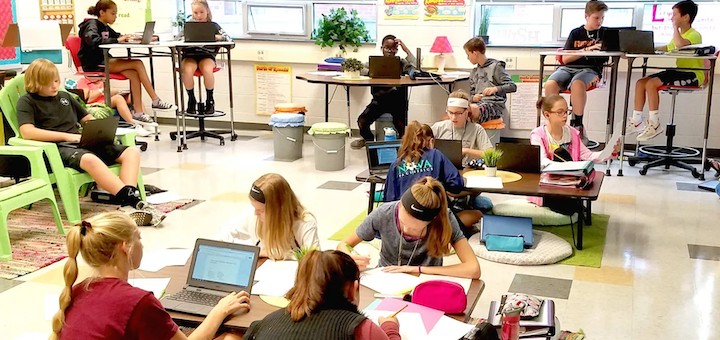Keeping Your Teacher Battery Charged Daily
Effectively managing resilience has never been more important for educators. In the first of her five-part series, teacher educator Julie Schmidt Hasson shares what she has learned about the need to manage our educator batteries and sets the stage for a battery management plan.

